Glycine is not rarely prescribed to children of both the younger age category and adolescents. In preschool age, this drug helps to normalize sleep, eliminate anxiety and resolve the functioning of the nervous system. In addition, it is scientifically proven that this medicine improves brain activity and eliminates minor defects in the brain. For older children, it is recommended to use glycines for growth in working capacity, reducing fatigue, improving concentration and perseverance. But is the intake of glycine in childhood so safe? You will learn about this in our article, it also submitted instructions for the use of glycine for children.
Content
- Glycine for children: pharmacological properties of the drug
- Glycine: for what children need it
- Is glycine to children and for what purpose
- Glycine: Instructions for use for children
- What glycine can children
- Pediatricians about glycine
- Glycin: Is an overdose possible in a child
- Glycine: Instructions for children. Video
Glycine for children: pharmacological properties of the drug
Glycine consists of:
- aminoux acid;
- methyl cellulose;
- magnesium stearata.
Aminouxic acid is a substance that produces the human body. In addition, it is available in protein -containing foods and even breast milk. Based on this, glycine is as close as possible to the composition of the substance to the naturally metabolic environment of a person.
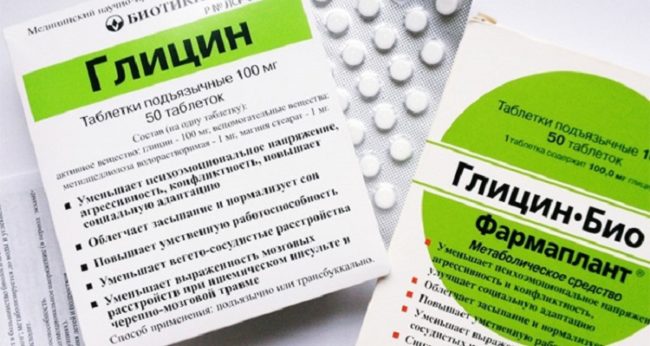
In accordance with the instructions, glycine owns glin and gamut-ergic, alpha-adrenal-blocking and antitoxic properties, which regulates the work of glutamate receptors. The medicine has neuronoprotective, anti -stress, sedative effects.
Glycine: for what children need it
Glycine is prescribed for:
- disposal of toxic compounds in the body;
- normalization of sleep;
- adjustment of metabolic processes;
- activation of protective braking in the central nervous system;
- performance growth;
- improvement of memorization;
- growth of mental abilities;
- elimination of expansive and mental overstrain;
- alarm removal;
- elimination of symptoms of vegetovascular dystonia;
- antioxidant action;
- improvement of the device in society;
- elimination of excessive excitement and aggression.
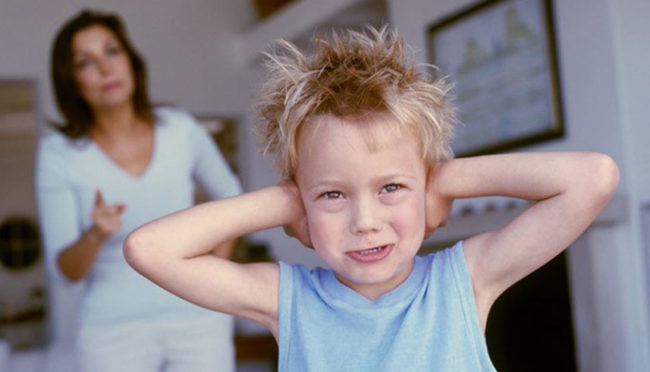
In this case, the drug easily passes into the biological fluids of the human body and tissues of the body, including the brain. But, which is important, it does not accumulate in the body, but is destroyed by a gallionoxidase in the liver to a liquid state or carbon dioxide, and is excreted in a natural way.
Is glycine to children and for what purpose
After the appropriate medical recommendation for glycine intake, the parents have a natural question: “Is glycine to the child, is it so safe in childhood?” We will confidently answer that glycine can be given to children, and in some cases it is even necessary.
Given the fact that glycine is a natural component of the human body and is contained in one or another quantity in cells, this drug is completely harmless for taking even in infancy. Doctors are not rarely prescribed glycine for children for:
- elimination of sleep disturbances;
- improvement of brain activity;
- reduction of anxiety, tearfulness;
- with a lag in intellectual and psycho -emotional development;
- improvement of memory;
- elimination of attention deficiency syndrome.
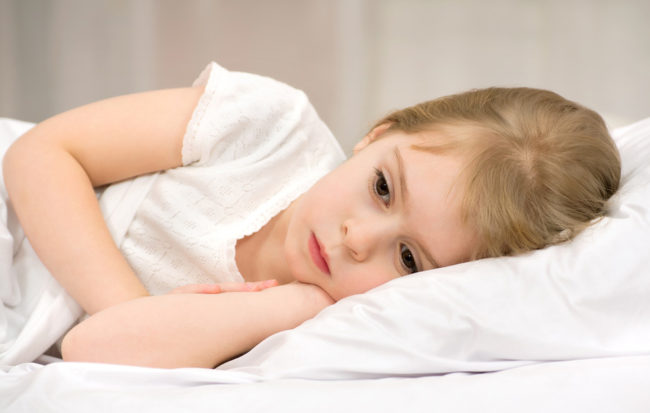
Also, the pediatrician can prescribe glycine to facilitate adaptation in society. At the same time, this drug is prescribed in order to improve adaptability, improve perseverance, relieve anxiety and aggression.
According to parents, glycine helps children almost immediately. After the first trick, mothers and dads notice that the child has become more concentrated, assiduous, attacks of aggression and hysterical precedents disappeared.
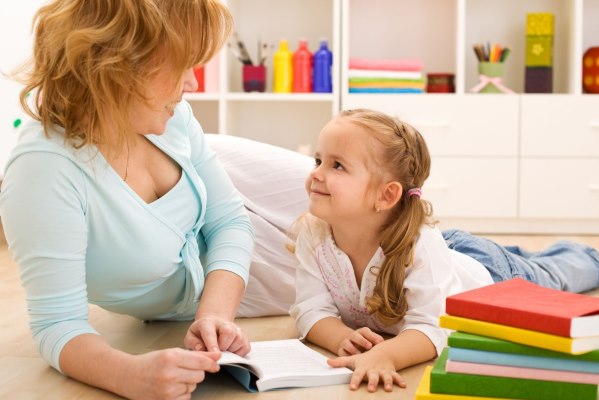
Glycine: Instructions for use for children
Glycine is used for children's therapy very carefully. Especially if babies are less than one year old. Nevertheless, this drug has no age contraindications. It should be prescribed exclusively by a doctor, because only he will be able to evaluate the degree of need to take the drug and calculate the correct dosage. Remember that self -medication, even if it concerns such a harmless drug as glycine, is dangerous and can affect the detrimental consequences. How to give glycine to children described below.
How to give glycine to a baby (up to 12 months)
Glycine for children under a year is prescribed for the treatment of constant sleep disturbance, with incredible excitement, tearfulness and anxious behavior. Kids can prescribe ¼ or ½ part of the tablet. Immediately before use, the prescribed dose of the medicine will be interpreted in a mortar to a powder state. The powder is given by dipping papillae into it or poured under the tongue and smear the inside of the cheeks.
The course of therapy and the frequency of administration depends on the condition of the child, and the indicator should be determined exclusively by the pediatrician.
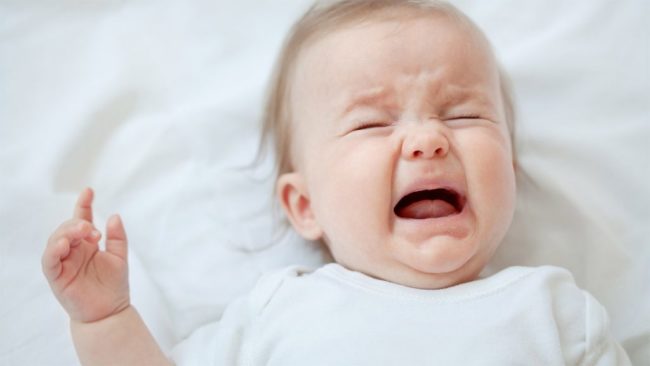
Dosage of glycine for children from 1 to 3 years old
It is recommended for children to receive glycine tablets once or twice a day on the floor of one to three years old. The pill should be crushed into powder and given by applying under the tongue and on the inner area of \u200b\u200bthe cheeks.
It is worth noting that glycine in no case should be dissolved in water or other liquids. Since when dissolved, the drug completely loses its healing properties and is almost not absorbed into the blood and lymphatic system.
The frequency and lines of the drug should be prescribed by a doctor, depending on the condition of the child.
Glycine intake for children over 3 years old
Glycine for children is older than three years of age and adolescents, it is permissible to receive 1 tablet 2-3 times a day, depending on age. The drug is consumed by sublingually (under the tongue) without preliminary grinding. It is worth noting that glycine is sweet to taste, so children rarely resist its use.
The therapeutic course is usually 10-15 days.
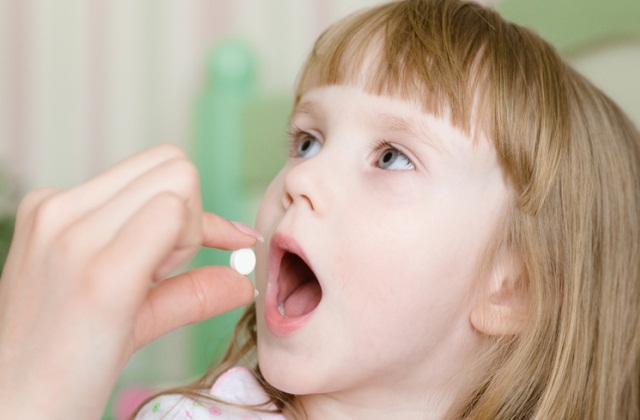
What glycine can children
Typically, children are prescribed Glycin Forte Evalar. In addition to the active substance in the form of an amino acid, the drug also has vitamins:
- B1 (normalizes the state of the nervous system, helps to improve brain function);
- B6 (relieves irritability, fatigue);
- B12 (improves attentiveness and memorization).
You can take Evalar glycine only after the corresponding medical recommendation.
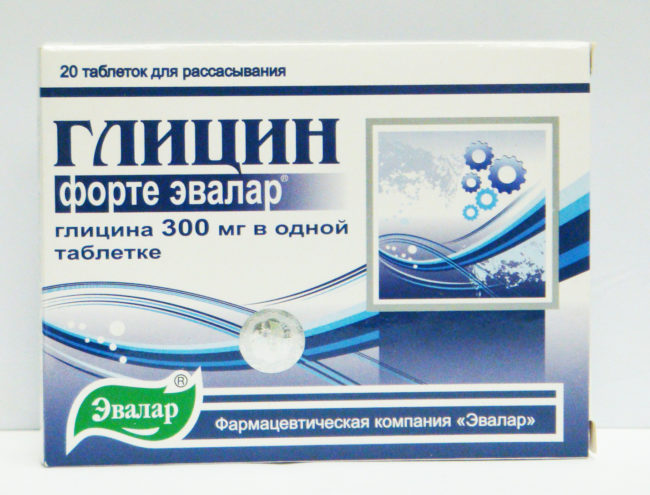
It is also worth noting that parents do not rarely doubt the behavioral disorders that it is better: Tenoten or glycine for children. Both drugs are included in the group of anxiolytics and nootropic drugs, but have differences in the composition, and unlike glycine, tenten is a homeopathic agent. These drugs are used for different occasions and the feasibility of taking one or another should weigh the doctor.
Pediatricians about glycine
Pediatricians often prescribe glycine for children in the presence of the problems described above. Experts believe that glycine is absolutely safe for the child's body, since contrary to the fact that glycine is nootropic, it is made only from the amino acid produced by the human body. An interesting opinion from the famous children's pediatrician Komarovsky.
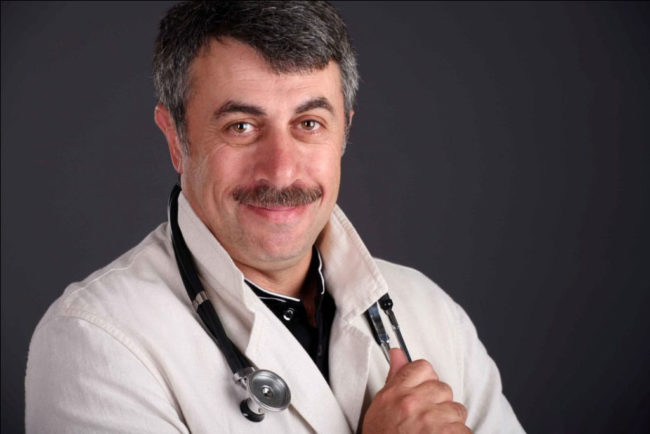
Komarovsky's statements about glycine by children:
"He does not solve problems, but calms moms and dads." The pediatrician says that many parents turn to doctors with a request to eliminate hyperactivity in their children. Then experts are inclined to prescribe glycine, rather to calm parents than to solve the problem. The thing is that the amino acid, which is part of the glycine, improves brain activity, but does not regulate behavioral activity.
"Glycine acts akin to vitamins." Komarovsky notes that glycine replenishes the deficiency of the necessary trace elements, provoking the body to work independently. At the same time, the drug is not a drug, but acts as a bio-feed.
"Glycine is a useless thing." According to Komarovsky’s statements, there is no practical benefit of glycine consumption and it is better to contact a child psychologist with appropriate problems.
Glycin: Is an overdose possible in a child
According to the instructions for the drug, cases of overdose by glycine are not recorded. The only contraindication is an individual excessive sensitivity to the amino acid. Nevertheless, if you look through the forums of mothers, you can find statements that glycine causes fainting, nausea, vomiting, inhibition and even mental disorders. Such reactions, most likely, are found due to the incorrectly selected dosage of the drug, when parents, without medical consultation, are engaged in the self-medication of the child. All negative reactions can be avoided with the correct use of the medicine in accordance with the recommendations of the doctor.
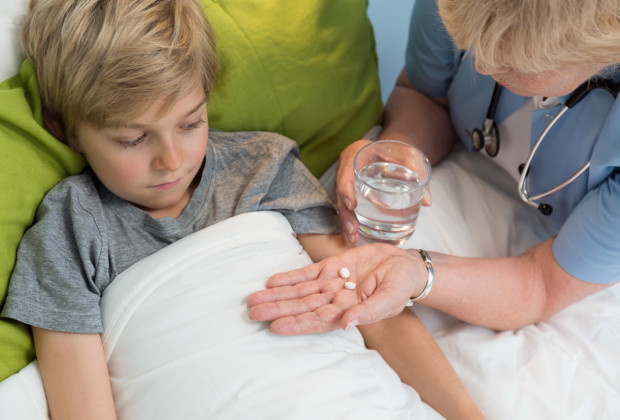









Comments
a couple of years ago, there was no side of metrogils from the same problem, there were no side effects ...
I’m not a fan of peeling at all, it saves from acne of metrogil, it also smoothes it ...
Great article! ...
I take the second course of the Capsules Climafite 911. The tides went very quickly. It became calmer, irritability went away and I sleep well ...
i also noticed - it is worth nervous, everything immediately affects the face. Therefore, I try to avoid conflicts and unpleasant people. Of the creams, I like Miaflow from wrinkles - smoothes not only small wrinkles ...